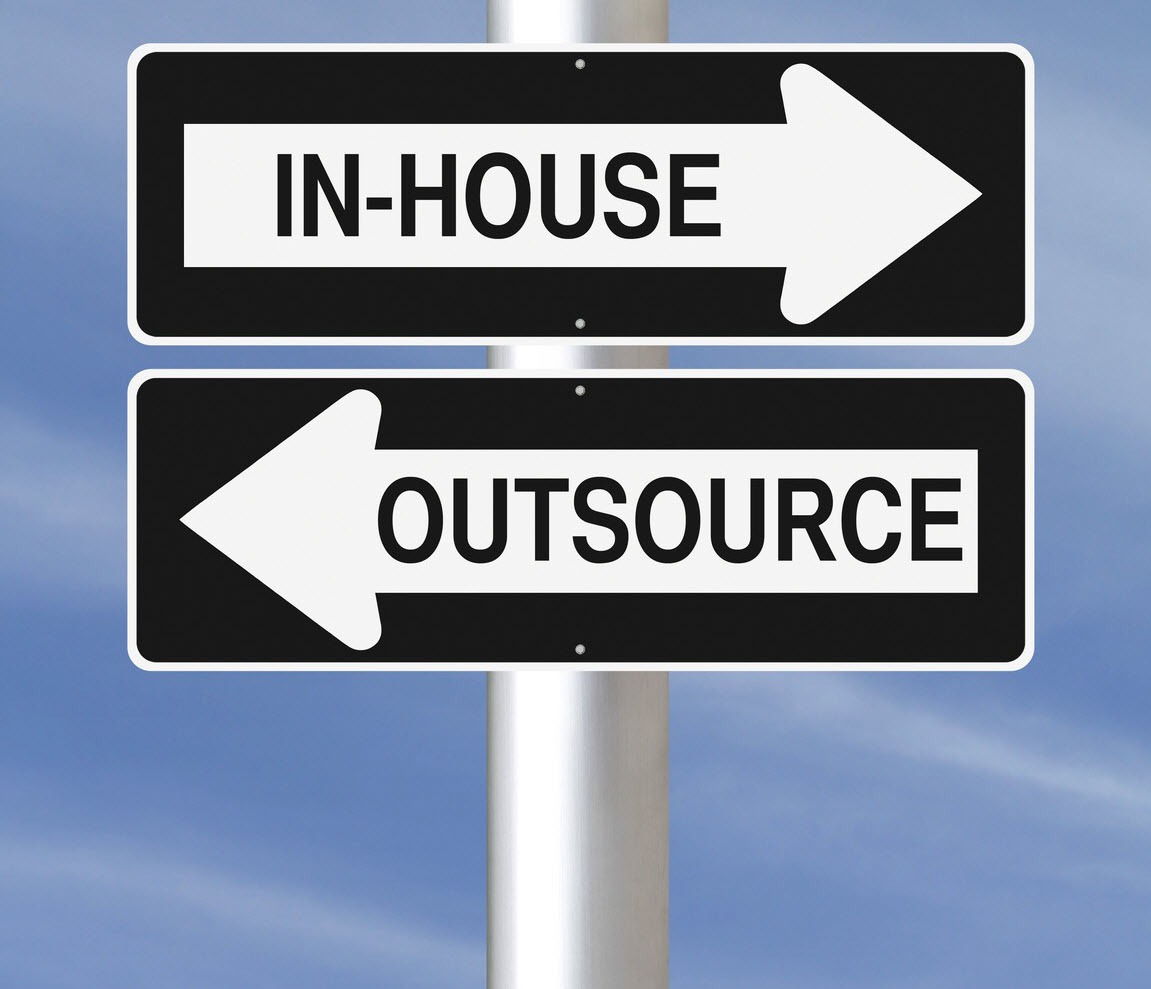HIPAA defines health care fraud as “knowingly, and willfully executes or attempts to execute a scheme, to defraud any healthcare benefit program or to obtain using false or fraudulent pretenses, representations, or promises any of the money or property owned by any healthcare benefit program.” Providers are continually struggling with healthcare frauds which costs the healthcare industry 3 to 15 percent of the total expenditure in the United States. This data keeps fluctuating very often, but it cannot undermine the fact that we are losing around 150 million dollars every year because of mismanagement in the system.
In a state where providers are trying to meet ends with great difficulty, such frauds put providers in a fix. Abuse is quite similar to fraud, except the fact that it is unintentional and it’s direct or indirect after effects result in an overpayment to the doctor. The term “intentional” makes a difference here as that is a defining point between ethical and unethical.
Healthcare Fraud And Abuse Laws And Regulations
- False Claims Act: It is illegal to submit false or fraudulent claims knowingly to Medicare or Medicaid, where no specific intent to defraud is required. Civil FCA allows a private individual to file a lawsuit on behalf of the United States. Criminal FCA includes imprisonment and criminal fines for submitting false claims.
- Anti-Kickback Statute: This is a criminal law that prohibits the known and willful payment of “remuneration” to induce or reward patient referrals or the generation of business involving any item or service payable by the Federal health care programs which include drugs, supplies and healthcare services for Medicare or Medicaid patients.
- Physician Self-Referral Law: This law is also known as Stark law which bans physicians from referring patients to receive “designated health services” that is payable by Medicare or Medicaid from entities with which the physician or an immediate family member has a financial relationship unless there is an exception.
Tips To Prevent Fraud And Abuse
Any exposure to fraud, abuse or malpractice can cause harsh civil and criminal penalties. Not just that, your reputation will also be severely damaged by these mishaps. Providers should take some steps to minimize their fraud risk and abuse in future.
The practical approach to minimize fraud abuse or any other risk in healthcare practice is to have a strong commitment towards compliance. It includes every single individual who participates in the business of healthcare.
Similarly, providers must follow the guidance from the Office of Inspector General’s compliance guidance. It is related towards healthcare providers and practitioners, medical equipment suppliers and third party billers. All the documentation, follow up, accuracy in billing will expand the provider’s reputation and value.
Make sure to find out any discrepancies in coding and billing at the earliest. Keep an eye on the billing data and compare it with your competitors and similar providers. Taking help from a third party outsourced Medical Billing Company like Medphine will minimize all your worries related to your finances and probable fraudulent practices.




